Every year the Nuffield Research Placements provides to over 1,000 students the opportunity to work alongside professional scientists, technologists, engineers and mathematicians. As a PGR student in FHSS, I want to share my experience of being involved in the scheme last summer, and hopefully, to inspire you to consider doing likewise in 2017.
The Nuffield-funded scheme encourages and supports school students to undertake work placements in universities, with the purpose of inspiring the future generation of researchers.
The placements are a unique opportunity to give a 17 year-old the chance to discover what a career in STEM (Science, Technology, Engineering or Maths) might be like, which is particularly valuable for those with no family history of attending university or working in a STEM environment.
Personally, I believe that the choices we make in life are strongly related with the people we meet, and the placements are an opportunity to share your enthusiasm for your research with impressionable minds.
Cast your own mind back to when you were 17 what did you know about research as a career? Did anyone motivate and inspired you? How did you get where you are today?
I was involved in hosting two Nuffield Research Placements students last summer. Under the guidance and support of Professors Alison McConnell, Professor Tom Wainwright, Dr James Gavin and Rachel Delourme (STEM Advisor & Sustainability Co-ordinator at Cornwall Council), I took responsibility for coordinating the placement projects of Jamie Singleton and Freddie Corrie-Deane.
I found the experience really motivating and far from distracting me from my work routine, the placement made a valuable contribution. The students’ work helped me in defining my project and refining the research processes associated with my first study of my PhD. In this regard, I would highly recommend the value of the placements, which helped me practically, and also helped to develop my skills as a mentor.
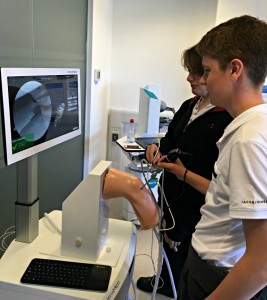
The placements were also very valuable to the students, and below are a few thoughts in Freddie and Jamie’s own words:
Freddie:
“Joining a research study, I knew I was in for a hefty chunk of reading, and with a pessimistic outlook I thought it would all be dry and bland, and that it would be the source of countless days of boredom. Thankfully I was wrong, and while I did have to spend an obligatory day or two reading background information, studies and manuals; the rest of this placement has been involved with the workings of brand-new machinery in the Orthopaedic Research Institute and going out into the local community to talk with people, both of which have been challenging and engaging in all of the right ways to make this experience an enjoyable one.
Our engagement in the community started very early into the placement, on the second day in fact, when we tagged along with Francesco (Our PhD Student overseer/mentor) to an area of sheltered housing to help him give a talk on his study, it was some really good hands on experience (it didn’t hurt that we were offered a biscuit or two). Following this line of talking to people, Jamie and I have spent the last couple of days walking around the gardens by the seaside talking to people and filling out surveys.
We have also spent a day or two engrossed in the outstanding labs in the Orthopedic Research Institute, equipped with an amazing range of equipment from a pair of surgery VR simulators that bring in experts and surgeons from all over Europe, to the intricate and ever useful Primus Machine which has more potential and customisable positions than there are hours in the day and so understandably has just as many uses.”
Jamie:
“During the past two weeks at Bournemouth University, we have had lots of hands on experience and witnessed the fun sides of research and also, the not-quite side. The latter, quite funnily enough, involved vast amounts of background reading and studying of protocols. The more enjoyable hands on experience however, consisted of being introduced to and working in the Orthopedic Research Institute Labs testing out protocols. Much to our disappointment… we had to use numerous fun and expensive pieces of equipment, it was at this point we knew this was the right place to be.
Amongst playing around with expensive machinery such as the PrimusRS and the Virtual Reality machines, we got to do some real work. This work was tough yet enriching and consisted of explaining what the research was about and why it is essential to a sheltered community, and of course when asked, accepting the offer for tea and biscuits. Visiting the shelter did give me an insight into the recruitment process for research projects, and I was quite surprised of how laid back it was.
Next, this time for real we did have work to do such as reading protocols, resources, and informative documents needed to produce our review which was not the most exciting experience however, it was made up for by the interesting walks we went on, through the Lower Gardens, in order to gather vital information that we needed for our project analysis of the PASE questionnaire.”
In conclusion, the placement are a ‘win win’ and a a great opportunity for all PGRs, not simply to share your knowledge, but also to inspire young scientists and to help them to make the first step on a career in science. Wouldn’t it be great to think that you might be one of those inspiration people who make a difference to a young person’s aspirations?
If you want to know more about the placement,please contact:
Rachel Delourme at rdelourme@cornwall.gov.uk
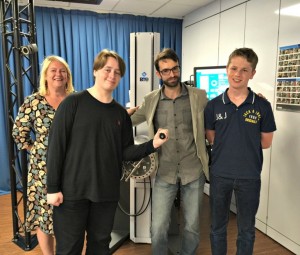
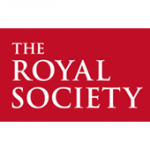 The Wilkins-Bernal-Medawar Medal and Lecture is given for excellence in a subject relating to the history of science, philosophy of science or the social function of science.
The Wilkins-Bernal-Medawar Medal and Lecture is given for excellence in a subject relating to the history of science, philosophy of science or the social function of science.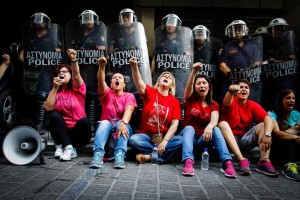 The Centre for Politics and Media Research is pleased to announce the publication of “Politics, Protest, Emotion: Interdisciplinary Perspectives. A Book of Blogs”, edited by Paul Reilly (University of Sheffield), Anastasia Veneti (Bournemouth University), and Dimitrinka Atanasova (Queen Mary, University of London).
The Centre for Politics and Media Research is pleased to announce the publication of “Politics, Protest, Emotion: Interdisciplinary Perspectives. A Book of Blogs”, edited by Paul Reilly (University of Sheffield), Anastasia Veneti (Bournemouth University), and Dimitrinka Atanasova (Queen Mary, University of London). Booking is now open for
Booking is now open for 

 The British Science Festival 2017 is taking place from the 5-9 September and will be co-hosted by the University of Brighton and the University of Sussex
The British Science Festival 2017 is taking place from the 5-9 September and will be co-hosted by the University of Brighton and the University of Sussex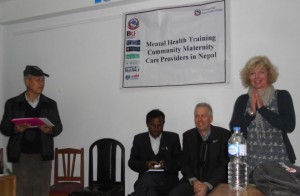
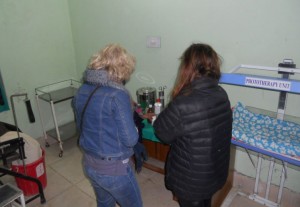
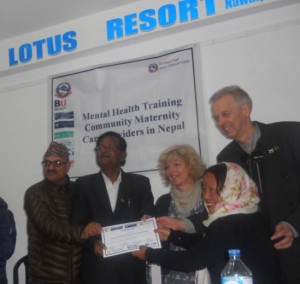

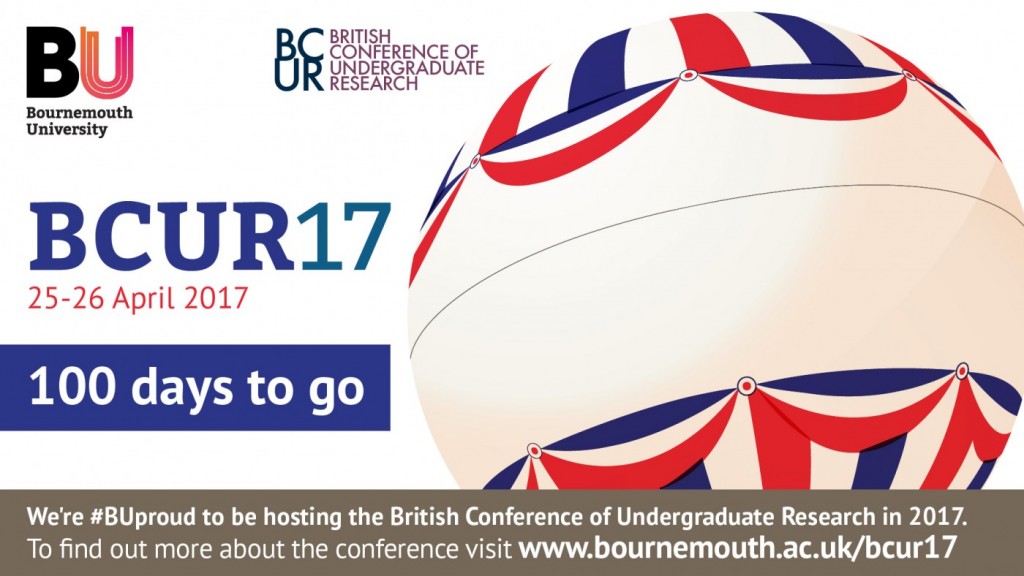
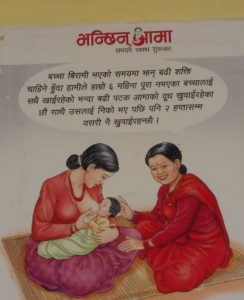
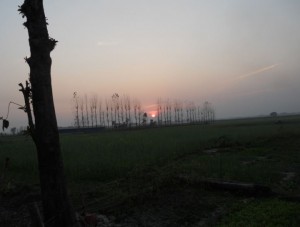
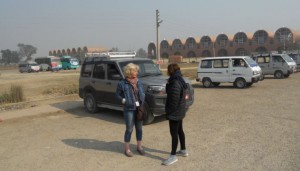
 The next Researchfish submission period will run in February/March 2017. The key dates and policies for the 2017 exercise are detailed below…
The next Researchfish submission period will run in February/March 2017. The key dates and policies for the 2017 exercise are detailed below…



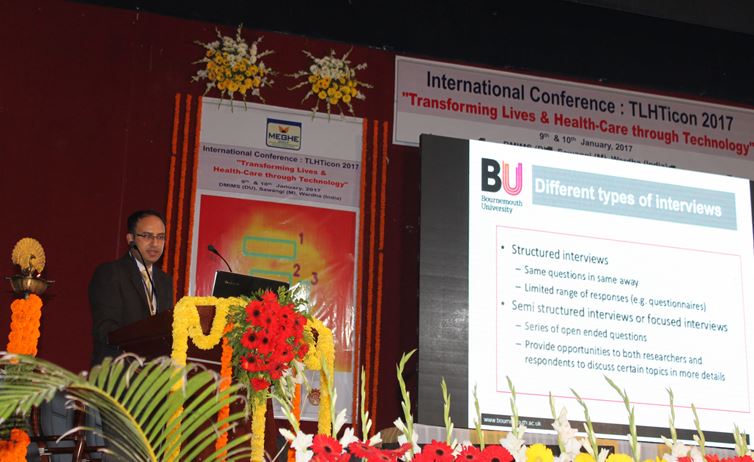
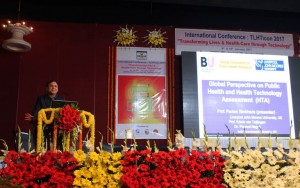
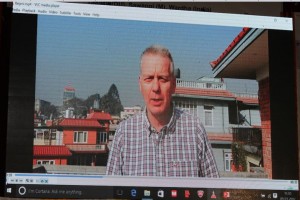
 RKEO are pleased to announce that we have just launched a new successful application library, which is available to all BU staff through MyBU in the BU: Research and Knowledge Exchange Framework Community. It is a collection of successful applications that BU staff have made to research councils, the European Union, charities, government departments and other funding sources.
RKEO are pleased to announce that we have just launched a new successful application library, which is available to all BU staff through MyBU in the BU: Research and Knowledge Exchange Framework Community. It is a collection of successful applications that BU staff have made to research councils, the European Union, charities, government departments and other funding sources. 











 BRIAN drop-in surgery – Lansdowne
BRIAN drop-in surgery – Lansdowne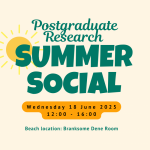 Postgraduate Research Summer Social – 1 week to go!
Postgraduate Research Summer Social – 1 week to go! MSCA Postdoctoral Fellowships 2025 Call
MSCA Postdoctoral Fellowships 2025 Call ERC Advanced Grant 2025 Webinar
ERC Advanced Grant 2025 Webinar Horizon Europe Work Programme 2025 Published
Horizon Europe Work Programme 2025 Published Horizon Europe 2025 Work Programme pre-Published
Horizon Europe 2025 Work Programme pre-Published Update on UKRO services
Update on UKRO services European research project exploring use of ‘virtual twins’ to better manage metabolic associated fatty liver disease
European research project exploring use of ‘virtual twins’ to better manage metabolic associated fatty liver disease